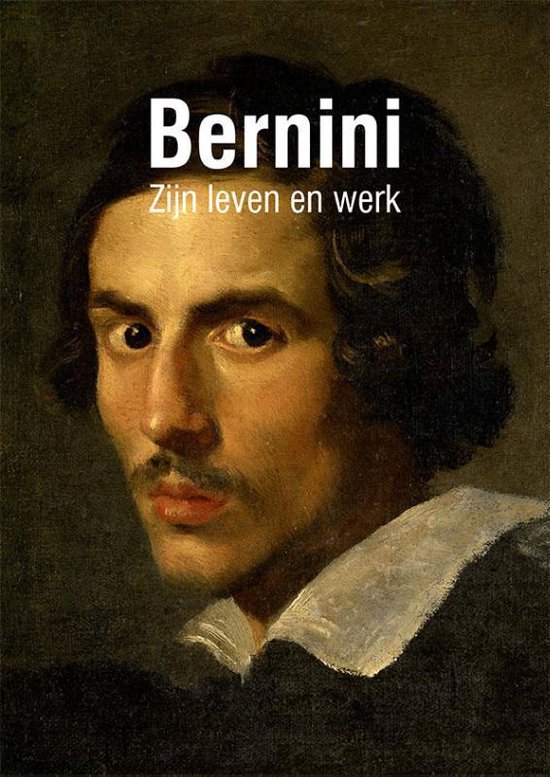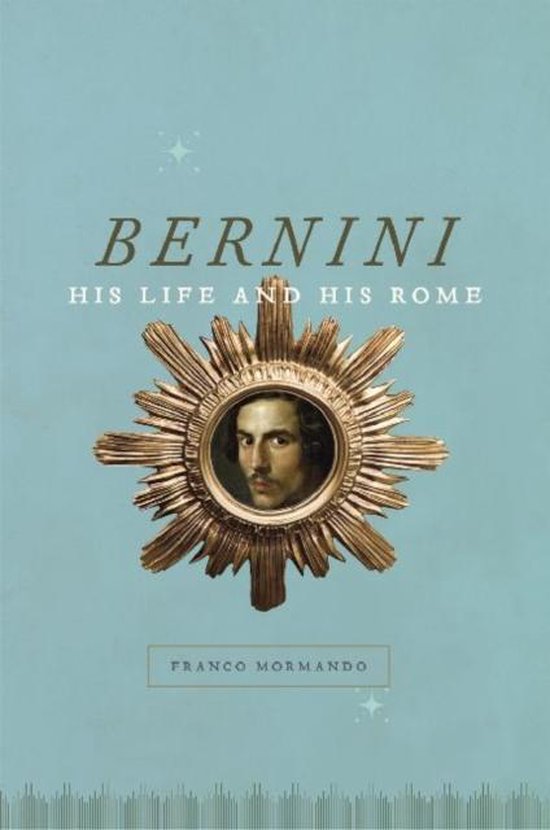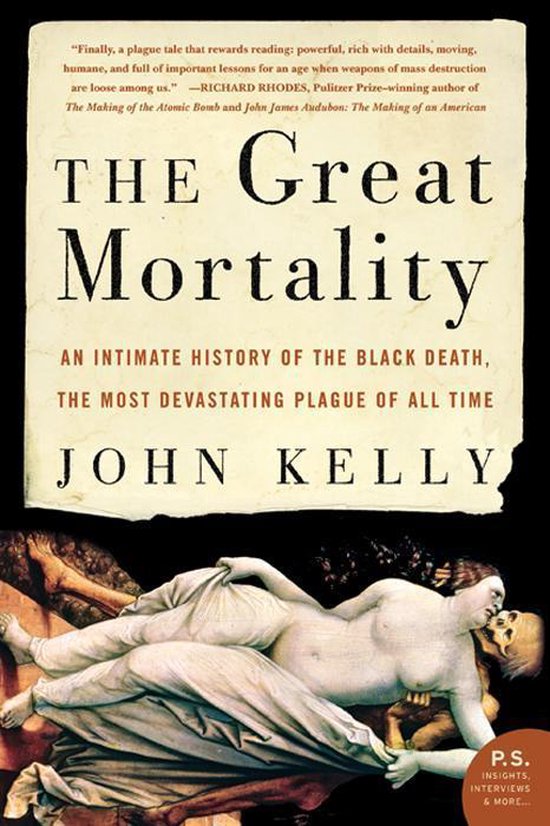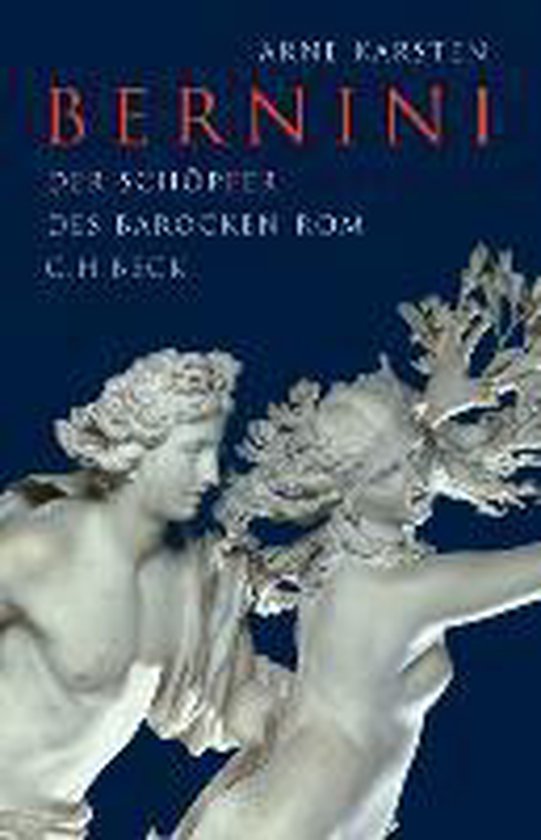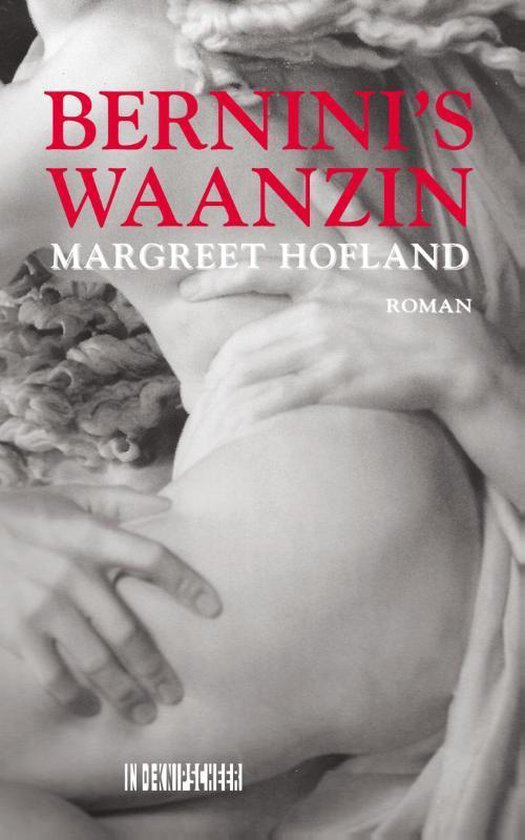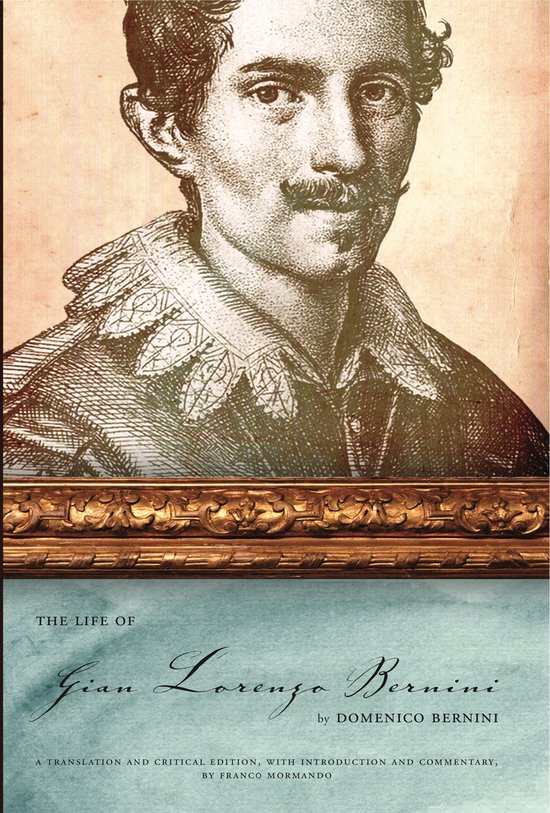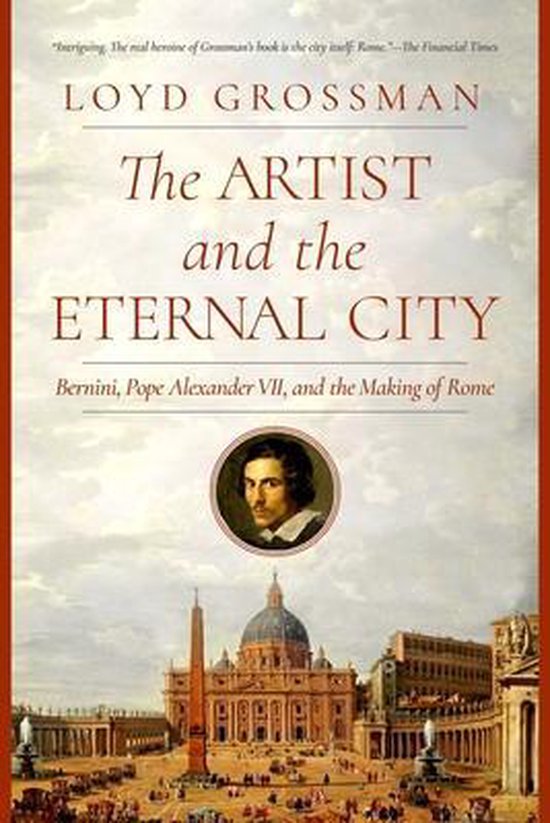
The Artist and the Eternal City
This brilliant vignette of seventeenth-century Rome, its Baroque architecture, and its relationship to the Catholic Church brings to life the friendship between a genius and his patron with an ease of writing that is rare in art history.
By 1650, the spiritual and political power of the Catholic Church was shattered. Thanks to the twin blows of the Protestant Reformation and the Thirty Years War, Rome'celebrated both as the Eternal City and Caput Mundi (the head of the world)'had lost its preeminent place in Europe.
Then a new Pope, Alexander VII, fired with religious zeal, political guile, and a mania for creating new architecture, determined to restore the prestige of his church by making Rome the key destination for Europe's intellectual, political, and cultural elite. To help him do so, he enlisted the talents of Gianlorenzo Bernini, already celebrated as the most important living artist'no mean feat in the age of Rubens, Rembrandt, and Velazquez.
By 1650, the spiritual and political power of the Catholic Church was shattered. Thanks to the twin blows of the Protestant Reformation and the Thirty Years War, Rome'celebrated both as the Eternal City and Caput Mundi (the head of the world)'had lost its preeminent place in Europe.
Then a new Pope, Alexander VII, fired with religious zeal, political guile, and a mania for creating new architecture, determined to restore the prestige of his church by making Rome the key destination for Europe's intellectual, political, and cultural elite. To help him do so, he enlisted the talents of Gianlorenzo Bernini, already celebrated as the most important living artist'no mean feat in the age of Rubens, Rembrandt, and Velazquez.
| Auteur | | Loyd Grossman |
| Taal | | Engels |
| Type | | Hardcover |
| Categorie | | Kunst & Fotografie |
